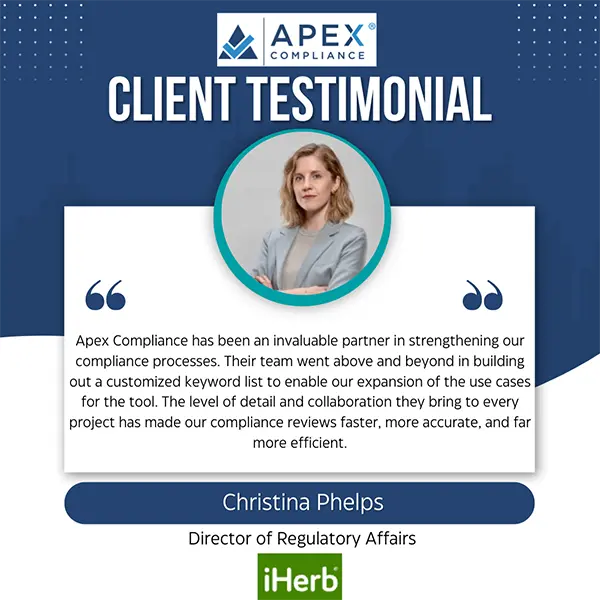
Sponsored Video Disclosures: Found Incomplete
Sponsored children’s content has increased disclosure requirements
Videos must disclose material connections when making sponsored content. Here, we learn more about when material connection is needed and what constitutes disclosure, especially when children’s advertising is involved.
In this NAD case, the very popular children’s YouTube channel Vlad and Nikki (405 million subscribers, 220 billion views) was cited for not properly disclosing material connections when marketing their own Vlad-and-Niki-branded products. One would think that the material connection is obvious, but here’s NAD’s thinking on the topic.
From NAD: “CARU determined that not only does the relationship between Vlad and Niki’s videos and the advertiser, who is the party of the licensing and merchandising agreements, constitute a material connection, but because CMG is required to produce the videos under the terms of the agreement and shares in the revenue generated by sales of the Vlad-and-Niki branded products, CMG is also considered an endorser of the products.”
Read more about influencer disclosure and best practices here.
In some cases, these types of disclosures are appropriate, but as NAD states, they are not sufficient when children are involved.
From NAD: “Other Sponsored Videos used language that CARU and the Federal Trade Commission (FTC) do not consider to be clear to children, such as “sponsored by” or “paid promotion” or the “#ad” disclosure in the description box of the video.”
From NAD: “CARU recommends that … include language, in both text and audio in the video itself that is clear for children to understand, to clearly and conspicuously disclose the material connection to the video’s sponsor at standardized times (beginning and end and, for longer videos, after each ad break).”
We can expect more of these “material connection disclosure” cases as the creator economy grows. The moral of the story is “When in doubt, disclose,” which can mean verbal and written disclosures. For support with influencer marketing compliance and guidance on how to market your products truthfully and effectively, contact me for a free consult. I love this stuff!
Read the NAD case comments here.

